Chapter Seven: International Travel Pro Money Management!
What's your budget? What are you working with? What's your income while traveling? Can you afford to travel perpetually? Can you afford to travel anywhere perpetually? How about living in a hotel in Paris France for a month at $100 dollar as night? Can you afford $3,000 dollars a month in rent; for a year, for ten years?

This is how you have to think about things if you're going to Live Life Travel Pro. Going to Paris may be your dream destination, but it could be a financial worst nightmare. It could be so expensive that you either have to live in a dorm, couch surf, and eat from supermarkets, and still blow your budget everyday.

For me this is no way to live long term. You basically have to Pay More and Get Less; lowering your standard of living to something undesirable or simply blow your budget day after day, potentially causing serious harm to your financial situation.
To paint you a better picture lets say you decide to travel and spend a month in Paris. You negotiate a good deal on a hotel for a week at $60 dollars per night, you eat out three meals a day costing you about $50 dollars more per day, with a little sight seeing and entertainment we add another $100 per week, then getting around using public transportation we add another $50 per week.
So after doing the math you would have spent $870 in one week. That's over $3,500 a month, not including what it cost to get you to Paris in the first place. Can you afford to spend almost $4,000 dollars a month without working, and just perpetually traveling? I can't, it would blow me out of the water and I simply could not live how I do if I chose destinations like this to spend my time in.

Now let's take Chaing Mai Thailand; one of my favorite budget travel destinations on the planet. A place where I've spent four months of my life, in a country where I've spent over two years of my life since age twenty. Thailand, one of my favorite Pay Less Get More countries in the world.
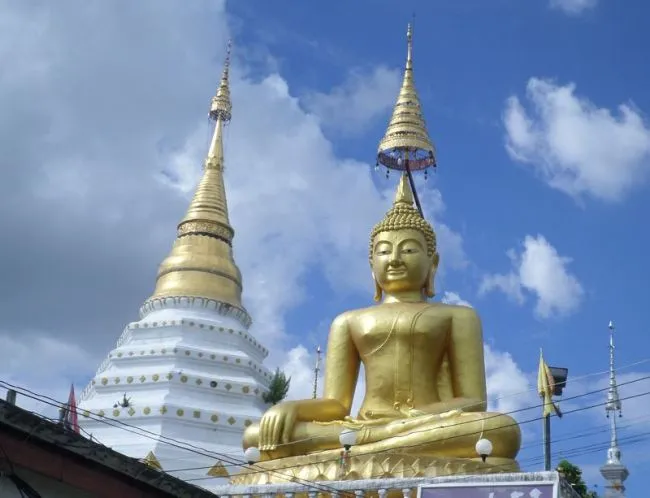
For this example I'll think back on the three weeks I stayed there in October of 2017. I negotiated a very clean and comfortable hotel room with a fan, hot water, and very good wifi. It was a little bit small but I was very comfortable as the family who owned the place was very nice and took exceptional care of the hotel and their guests. I negotiated the room for six dollars a night!
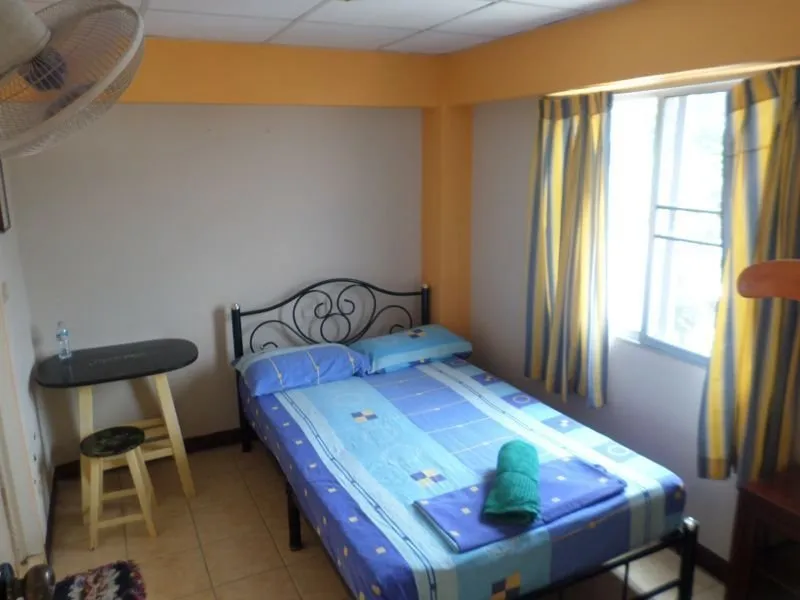
For food I splurged and spent maybe eight dollars a day on average including going to this awesome all you can eat barbecue buffet for six dollars a few times a week. I spent no money on transportation because everywhere was within walking distance. I got about four massages a week for $4.50 a message. For entertainment I spent maybe another $10 dollars total for the week.


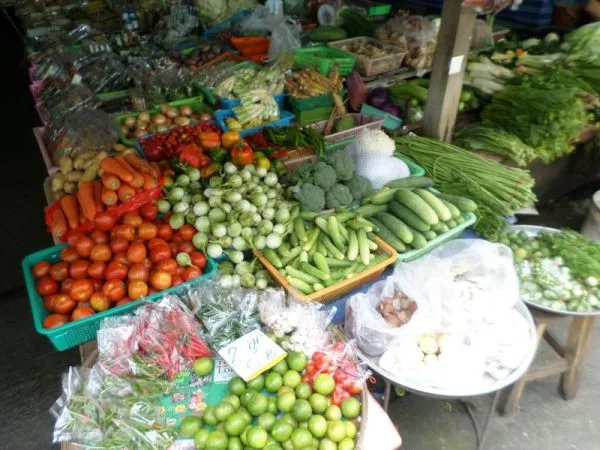
If you add that up it comes to about $126 per week. About $500 dollars a month, and if you give up the massages it's closer to $400 dollars a month. If you rent an apartment monthly it's closer to $300 dollars a month. If you rent an apartment and cook your own food, it's closer to $225. Now that's how you Live Travel Pro!

Chaing Mai and places like Chaing Mai are destinations you need to spend months of the year so you can Live Life Travel Pro. Living for $400 dollars a month at destinations like this for six months of the year will balance out your budget so you can spend the other six months of the year traveling to destinations like Paris and other places hopefully less expensive if you choose.
Chaing Mai is just one destination of many around the world that will keep you in the financial driver seat. I find it so funny when people ask me how I afford to travel. Then I tell them that I rented a fully furnished all utilities and wifi included apartment for $190 dollars a month in Vilcabamba Ecuador and I cooked my own meals for another $80 dollars a month; then I watch the expression on their face.


Chapter Eight: How Far Can Your Money Go?
In the last Chapter I went into examples of how small an amount of money you need to live in places like Chiang Mai Thailand. I explain how it can be done for as little as $250 a month! Then I compared that to vacationing in Paris costing almost $4,000 month.
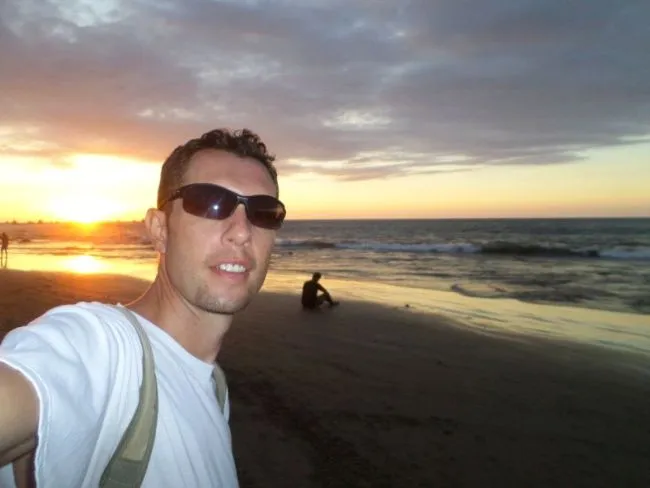
When I tell people from the west nearly half the world's population lives on less than three dollars a day. Often they don't believe it, or at least can't even imagine it! That's 90 dollars a month! So in many places on the planet living on $250 a month you are still on the top of the economic scale!

I've met many people living on far less than $250 a month. I've hung out with and even became good friends with them. Let's take my friend Santiago from Argentina. He makes and sells jewelry in the park in Vilcabamba Ecuador. He, his wife, their two children, his friend, his wife, and their one child rent a simple two bedroom rustic house for 60 dollars a month! It's just a fifteen minute walk outside of town.
So they pay 15 dollars a month in rent per adult! When he told me how much their rent was, I asked "So you guys, a family of four live on what $200 a month?" He laughed at me! He said "Are you crazy! we don't have that!" He explained that they live on more like $125!

They have no hot water, they have electricity. They have a beautiful patio, looking out over the river, where they wash their clothes and bath. They have a small gas burner, sink, bathroom, outdoor clay homemade wood fired oven and grill. Cement floors and a big mattress inside of big tents inside of their rooms. For them, they are happy and comfortable. They have some of the healthiest happiest children I've ever seen!
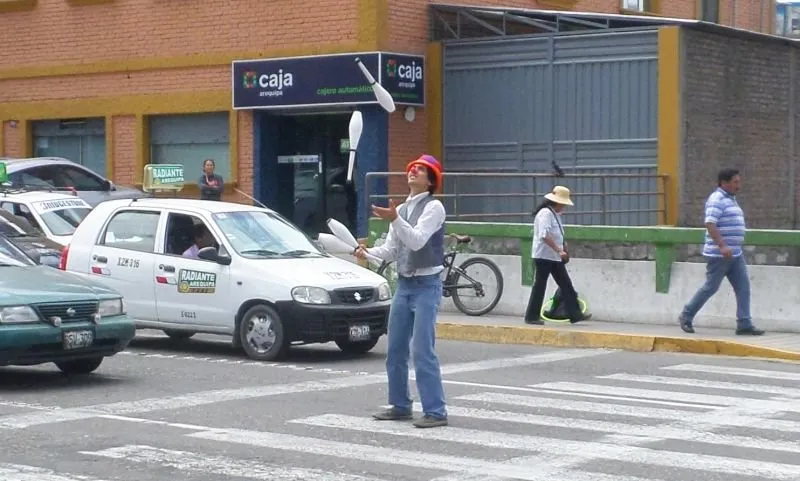
I wouldn't want to live like that. I'm fortunate I don't have to; but my point is that we in the west really don't understand how incredibly wealthy we are. That's a matter of fact and I say it in a humble way. It's just true. As I've mentioned there is about 3 billion people on the planet living on less than three dollars a day and the key word is "living". Let's not forget in Ecuador the average income is about $10 dollars a day, they are rich compared to many countries!
So why in the world would I need to spend the US norm of over $2,000 dollars a month to live a comfortable life in Ecuador?..... and yes I was very comfortable on $300 dollars a month! I probably spent a little more but certainly didn't have to.
There are great destinations all over the planet that offer a great quality of life for very little and are excellent countries to visit and to even practice Living Travel Pro. Literally practice seeing how far your money goes. To learn that you have the ability to live comfortably in many parts of the world for as little at $250 month is empowering.
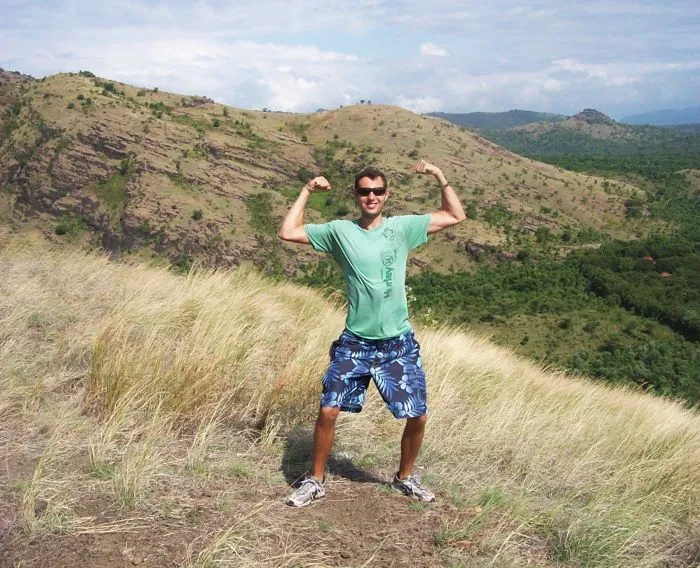
It's almost like if times get tough and you're down to your last $5,000 dollars, well you can live in X, Y, Z location on the planet for over a year until you figure out your next move. Like I've mentioned, living life Travel Pro is not about vacationing; it's about living.
One person on Steemit who I've recently had the pleasure of meeting and understands this principle incredibly well is @intrepidsurfer. He's been living on and off in the beach town of Lobitos Peru for the past six years. He house sits a place with an ocean view so his rent is zero instead of maybe $200 a month and he cooks his own meals. He surely does not need to spend more than $100 dollars a month. So he can live very comfortably for about $1,000 a year!
He's incredibly wealthy in time, enjoys a relaxing lifestyle of surfing and baking bread for the community, and has started a steemit funded reforestation project that you should all check out. Where he is living in Lobitos is just another great spot on the planet to maximize your spending power through international living.
A few other places on the planet that I can recommend is Playa del Carmen Mexico. Clean, safe, affordable, friendly, with great food and great weather. Kampot Cambodia, Luang Pro Bang Laos, Mui Ne Vietnam, Krabi Thailand, George Town Malaysia, Sihanoukville Camboida, Chiang Mai Thailand, Lake Atitlan Guatamala, Cebu Philipines, San Juan Del Sur Nicaragua, Cuenca Ecuador, Sucre Bolivia, Goa India. These are to just to name a few.

What's great about all the locations I've just listed above is that they all have an expat community so you're never alone and never left hung out to dry by the locals. But if you're talking strictly money, there are some countries you can throw a dart at the map and live well for very little.

Ignoring your budget just to get your travel rocks off is the fastest way to go broke! Once you go broke you're no longer able to travel; let alone Live Life Travel Pro! So when planning out your Travel Pro Life it's essential to maximize your spending power through international living!
Chapter Nine: Know Your Market!
We've covered so much thus far but there is still more to go if you want to learn "How to Live Travel Pro". I really have to thank those who've inspired me to write this book. Over the past eleven years the question was always the same; how can you afford to live a lifestyle like I do without working?
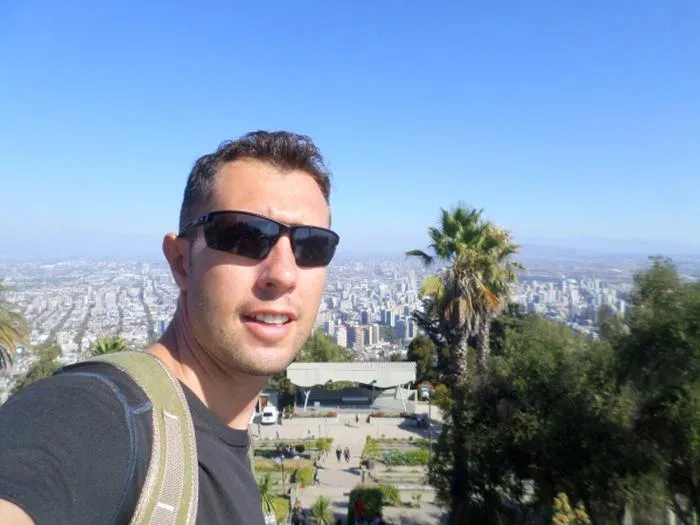
Maybe you have noticed that this question relates to income, spending, finance, for simplicity we'll call it money! I believe it's been said that this is the thing that makes the world go round. Frankly this is the thing that makes me go round the world!

So many people find money as an ugly topic; I find it fascinating. Understanding it, especially on a global level has allowed me to live how I do year after year. It's given me the freedom that I value and enjoy so very much.
Money will not buy you happiness, but it will buy you freedom. Being wealthy in free time is one of the main themes of these articles. Money plays a huge role in everyone's life weather they'd like to admit that or not.
I highly recommend everyone master personal money management. Like a double edged sword money can make your life better or it can ruin you. Educate yourself on conservative money management skills. Having money working for you rather than against you is key.
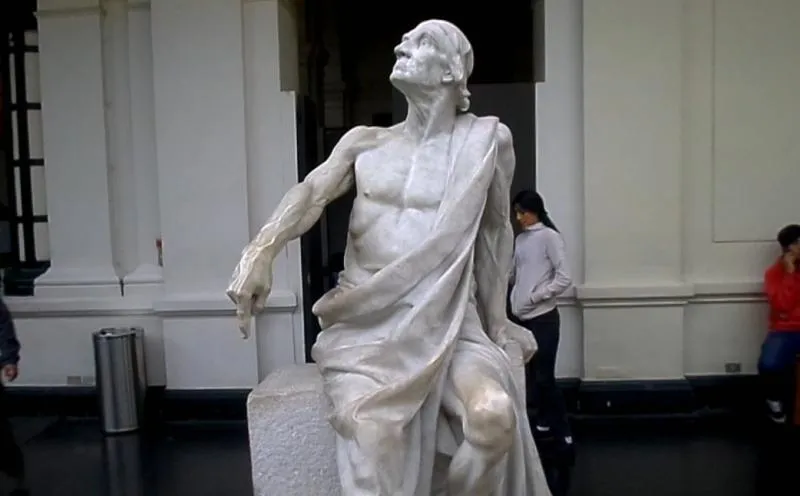
So how do we know if we are doing a good job managing our money, especially when you're living life Travel Pro roaming from one country to another? Well simply put, you have to know your market! Meaning refusing to accept a bad deal. This is money management at it's most simple.
If everyone in a given area knows that a taxi ride from the airport to the center of town is five dollars would you pay $25 dollars for that? Of course not, but in in some countries you may be asked. I use this example of negotiating taxi fares as this is one of the most common places to get taken advantage of.
However I've met some people that just pay anything asked, that can sometimes me multiples the going price. These are the people that really have no sense of the value of a dollar or little to no travel experience. Maybe they've never worked a day in their life, maybe they have access to daddy's credit cards. One thing is for sure, being reckless with your spending is the fastest way to blow your travel budget, and that's very Un-Travel Pro!
To learn the market is your very first step to avoid getting ripped off and there for not overspending during your travels. Never have the attitude of well I'm the foreigner I'm supposed to pay double or triple than everyone else, I come from a wealthier country.... blah blah blah!
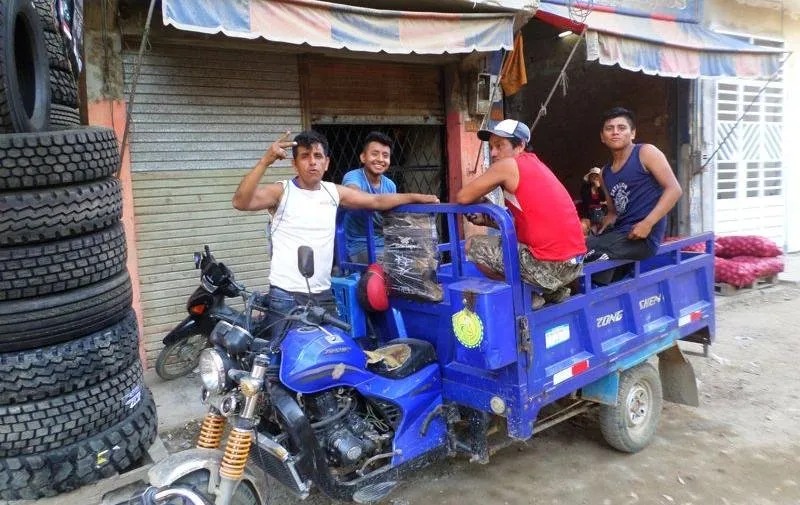
I find this attitude arrogant. This arrogance can also ruin your budget while simultaneously having the locals think you're a sucker with way too much money. You should always pay the going price where you are, and if you feel like you have more money than you need there is always a homeless person or a charity to give to. Never accept paying more than the going rate just because you're the foreigner.
However sometimes you will find yourself having to pay more not matter what. In some countries to get into a park, museum, or public event there will be a price for locals and a higher price for foreigners; often there will be a price for adults, elderly, children, and students too. This is all very understandable; but when it comes to a sandwich and a hotel room, that's a whole other story.

As a traveler you have two main expenses besides your tickets taking you from A to B. I'm talking about food and accommodation. Really not much different than everyone else. To get the best deal is different from country to county. Figuring out a country and living similar to the locals is one thing I've really come to enjoy as a traveler.
Food
Shopping where the locals shop and cooking your own food can sometimes be a budget travelers best friend. Shopping in a similar way as the locals will always save you money. Buying domestic products and produce at lower prices is never a bad idea.

In many countries in Asia name brand pasta and a bottle of Rague tomato sauce is very expensive. While rice noodles and soy sauce at a traditional market can be incredibly inexpensive. One can also just pull up a chair get a bowl of soup like this for about one to two dollars in many countries in South East Asia.

Doing as much shopping as you can at traditional markets is really recommend and it's fun! However these are the markets where in some countries you run the risk of getting mistreated as the foreigner and the non labeled item suddenly has a special price for you.
All over Latin America and South East Asia these things happen. However compared to ten years ago it seems like it's much less of an issue. Maybe things are different now or maybe I just got into a habit of being very cautious when items don't have a price tag.

To make sure I know the market price for things I'll often ask the price from someone standing in line or I'll observe what someone else is paying, usually there are many different vendors selling the same goods.
Taking your time and shopping around, asking prices of different products in different stores is really the best way to get to know the going rate for just about anything. Being armed with the market price of a product really is key to not overpaying.
Accommodation
Finding a place to rest your head at a good price is the fastest way to save big. To learn this market I go to agoda.com and compare prices. I also use google maps with a hotel search and compare prices there as well.
Once I have a general idea of the going rate, I further my understanding of the market on foot. I choose an area of town that I want to stay and then walk around with my backpack of 12 kilos for an hour or two. I always look for the best value before I make this important decision.
Negotiating a room for an extended period of time is much more complex than just saving money with the cheapest deal. There is so much to factor in in regards to location, atmosphere, and quality verse price. So for me there is no better way to learn the hotel market than on the ground.
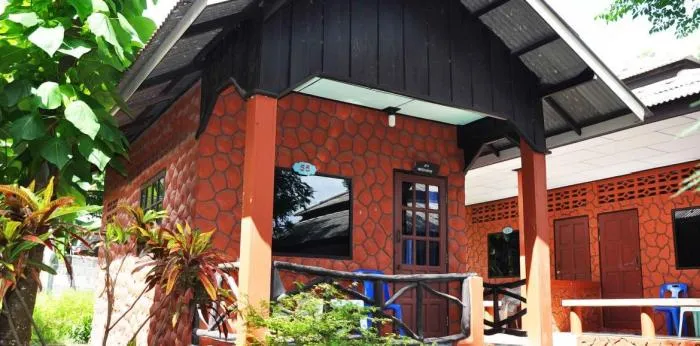
If you are visiting a country where the hotel market even on the low end is over your budget the next market to look into is Airbnb and the hostel market. At this point you're mostly online comparing one from another and deciding on what is the best value, not necessarily the cheapest. That's important to remember as often you end up getting what you pay for with varying degrees.
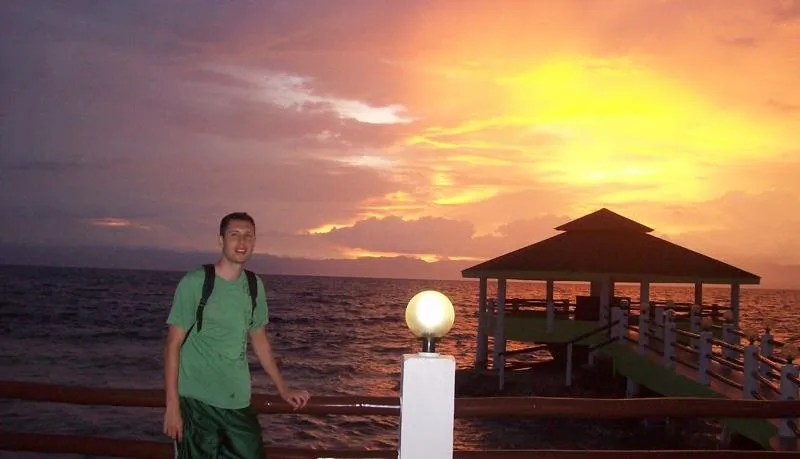
Knowing your market is essential for staying on budget and staying on budget is essential to long term travel. So if you're going to Travel Pro, you better know your markets!
Chapter Ten: Time is on Your Side!
When I tell people I've been traveling for eleven years most people really don't know what to think. What does that even mean? According to Webster's dictionary it means I live on a moving vehicle! How often am I actually on the move? If I stay in one place for three months does that mean I'm traveling? What about six months? What about just living in a foreign country for a year?

These details I don't have the answer to regarding what qualifies as traveling, and who is the ultimate judge of that anyway? But I can tell you this I have lived/ traveled outside of my home country of the USA for well over 11 years. I also can say most of that time I was not boppin' around three days here and five days there; month after month year after year.
Anyone traveling that fast for too long will certainly get cultural fatigue, physically exhausted, and burnt out on traveling. This is actually a little bit of what was happening to me recently. I was traveling much faster than my normal pace through South America. I had to slow things down and bring a little normalcy and stability to my life with a fifteen day stay in Santiago Chile and cancel plans to visit a couple other places.

Even this two week break was about my normal length of stay for most destinations but could be considered a bit short compared to my years of travel experience. One must remember to Live Travel Pro is not about how many destinations you can tally up in a given time period. It's not about having deadlines and definite plans.
Living Travel Pro is about experiencing new places, people, and cultures. It's about enjoying life and doing what you want when you want. It's about being relaxed, doing things at your own pace, assimilating into the population best you can. It's also about extending your budget to make things more affordable than would be traveling at a faster pace.

To achieve this level of comfort and benefit I usually plan to visit any destination that I choose for about ten days. If I like the destination I extend it sometimes up to a month; even longer if I really feel like it. If I don't care for the destination I cut my time back to as little as just a couple days like I did in Costa Rica.
Costa Rica I found to be one of the worst offending pay more get less countries I've ever been to. Food, rent, water, the basic necessities of life; were all way more expensive than I anticipated, while the quality of everything was really so-so at best.

Things were so expensive in Costa Rica and offered so little for my money, even if I made use of "time being on my side" things were still too expensive. For example two dollars for a small bottle of water and ten dollars for the same kind of lunch I'd get in Ecuador for three dollars. This brings me to the main point of this article. Deploy "Time is on Your Side" as a travel strategy to keep your travel expenses very low.
For starters. If you walk into a hotel in given country and you ask for one night, then your ability to negotiate the price is almost nothing. If you stay a week your negotiating power goes up immensely. A couple weeks or a month you just cut your rent possibly in half or more.

This has been a main money saving strategy of mine over the years. Negotiate a twenty dollar per night room for a week at a 40% discount is a very nice savings; and the amount of money saved over a year really adds up!

Another benefit of traveling slower is spending less money on the actual A-B travel expense; simply because this is happening less frequently. Also the more time you spend in one location the better you get at living in each location.
You'll learn where to got shopping. You may be buying a five gallon jug of water for a dollar, instead of 3 bottles a day costing a dollar each. You may have found an apartment and are renting by the week. You're now in the position to cook your own meals, shop where the locals do, and bring your expenses way down to the local level.

All these things are benefits of having time on your side! To be in the "go go go" travel mentality, you don't have the time to learn how to live like a local. You remain in the tourist camp for much longer, and that's a place where everything is much more expensive.
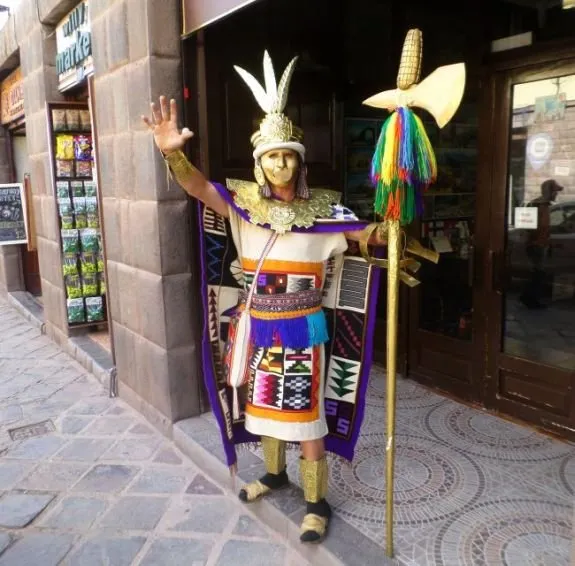
One thing you may have learned so far is that if you want to be a long term budget traveler staying on budget is key. Running into financial problems while traveling can turn your exciting fun life into a stressful disaster. So making sure you have time on your side is key to Living Travel Pro.
Chapter Eleven: Don't Tie Yourself to Any One Country and Their Government!
This may be the last chapter however it very well may be the most important! Living Travel Pro is all about being free; free in as many ways as possible. It's about being able to pick up and go anywhere in the world in a moment's notice. It's about not having things hold you back. It's about not being tethered to anything, anyplace, anyone, for any reason!

With the global crypto currency movement, political movements, and social movements all going in the direction of decentralizing, not tying yourself to one country or government should be better understood. However this is something that most people living an international lifestyle feel they have to succumb to.
To live Travel Pro you stay with a tourist visa. Many countries offer you a minimum of a three months stay and you can often renew sometimes indefinitely. My lifestyle is not about moving locations every week. Sometimes you want to stay in the same place and just relax and hang out for months and adopt a domestic lifestyle of the given location.

Living Travel Pro is very much about international living, not necessarily travel and bopping around continuously. I made the mistake of tying myself to Ecuador with an investors visa. I also did the same mistake in Hong Kong; and I'll never make that mistake again. With very few exceptions, almost everyone I have met that has tied themselves to a country and government I have found that they eventually regret it.
That should be said for x-pats from western countries moving to lesser developed countries. They often have this grand idea that they are going to move to some exotic country and have this incredible life. They sell all their possessions and uproot themselves from their lives in their home country. The very next thing they do is root themselves even more so in their host country, often before even testing the waters to see if they really like living there.
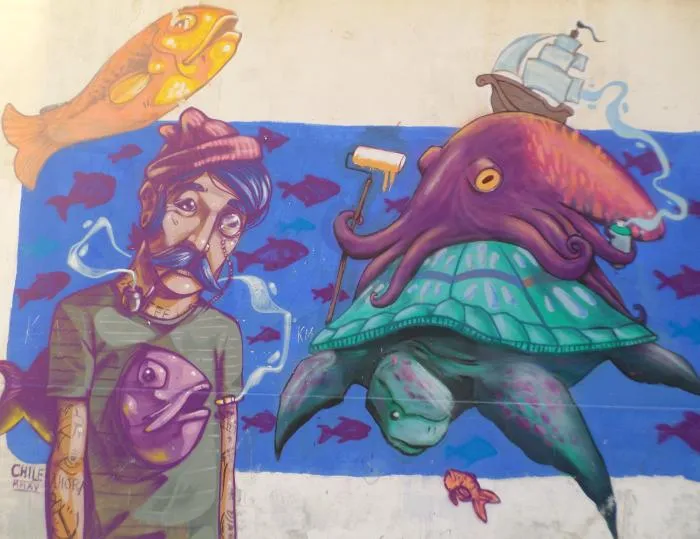
They sometimes move large sums of money, get a permanent resident visa, spend endlessly on translators, lawyers, paper work in general, all very frustrating stuff that is often not cheap. Then they make the biggest mistake of all. They buy real estate really tying them to the location.
They often over pay for the real estate as they are the wealthy gringo and pay gringo prices, then when they want to sell they try to pawn it off to the next gringo that does not know better or simply sell for a loss, or sit on the property forever more. Very seldom do expats stay in the country they move to for over seven years and truly make a long term life for themselves.
They often run into problems they did not anticipate; and after taking a long look in the mirror they come to grips with the fact that they are again not happy with where they are and then the whole process of up-rooting one's life begins all over again. Whether they move back to their home country or a neighboring country it's a major expense and burden to deal with all over again.
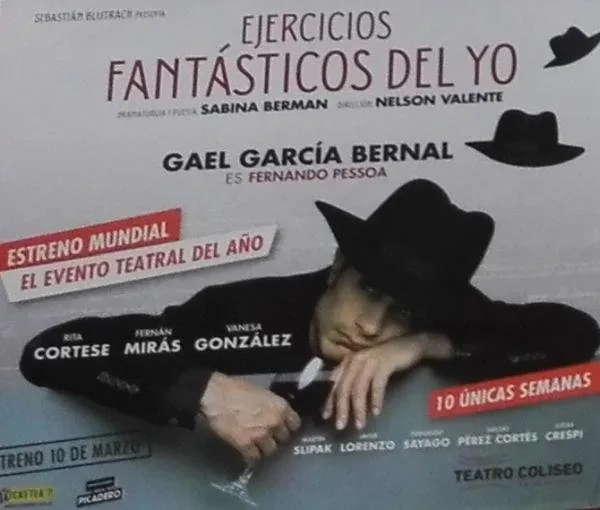
Some countries will make you pay to cancel your visa, you'll have all sorts of legal headaches upon entry and exit. It often turns into one big mess and around every corner and every process you find yourself reaching into your pocket to get things done. Not only is it exhausting many feel alone, confused, and helpless in a country where they really did not know the laws, the culture, and language in the first place.
Not being taken advantage of by those offering to help can feel like a daunting task in it's own right. For all these reasons and more I highly recommend anyone wanting to live internationally stick to a tourist visa, do visa runs if you have to, divide your years up between two countries you enjoy if that's the legal manner of things.
Once you start getting involved with real-estate in foreign countries, permanent visas, large sums of money, legal contracts and more, that's when you really begin to complicate your life. I highly recommend renting over buying anyway. It's a much better deal in most cases as well.

Take Ecuador for example, you can rent a very nice apartment in many parts of the country for as little as a couple hundred dollars. I've seen x-pats renting out their luxury homes they have built for as little as four hundred dollars a month just to keep someone on the property and not have the place go abandoned.
When it comes to renting in South East Asia and Latin America there are incredible deals to be found, it almost makes buying a house a huge unnecessary commitment, head ache, up-keep/tax expense, and responsibility that you simply do not need to have.
So when it comes to Living Travel Pro, don't think that you left one country and all the ties and now you have to become equally if not more tied into another country. When you start getting into permanent visas you're now making deals with governments. Is that what you want to do?
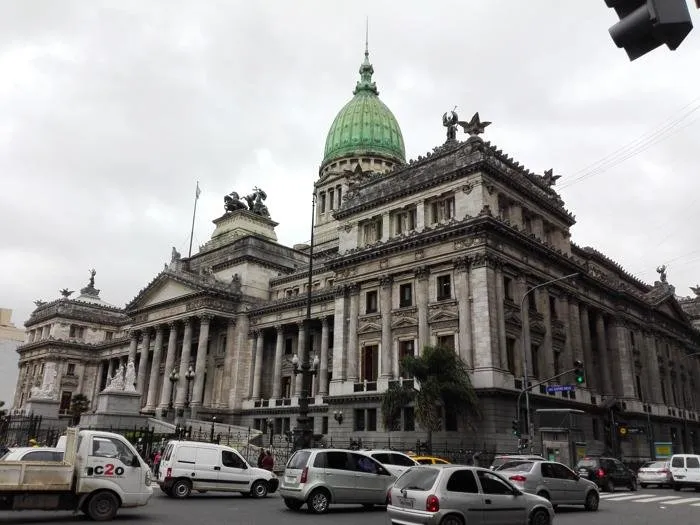
How about Nicaragua for example. I found that a very good country to visit and spend some time in, even live there for several months or more. But do you really want to make a deal with the government of Nicaragua? Do you want the Nicaraguan Government to hold power over your life? I certainly do not.
A lot of what I'm talking about in this article relates to people that move from one country to another to live in. However if you really want to Live Travel Pro, you really don't want to stay in the same place for more than three months anyway. Why is this? Because after three months you've seen everything, you've experienced everything, life begins to get monotonous, and simply put it begins to get a bit boring.
So when Living Travel Pro all you need is a three month visa, and like mentioned most countries around the world will let you stay at least three more months on a simple visa run. So really tying yourself to a country and a government is not needed and causes way more problems than it's worth. It's almost like unnecessarily handing power over your life to some foreign alphabet agency that you do not know nor should you trust.
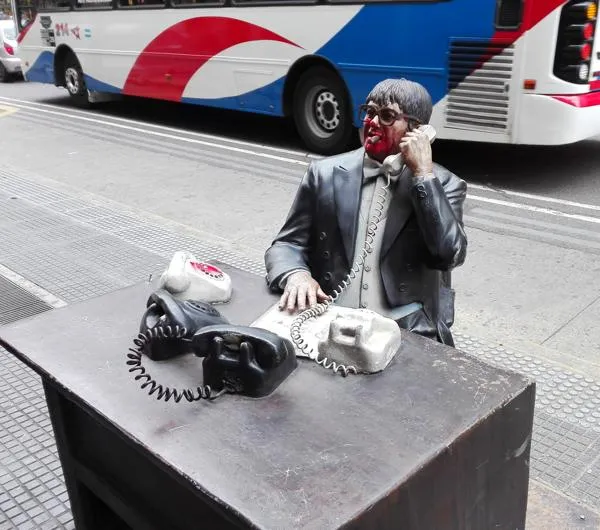
Just as a disclaimer, working in another country is not what this chapter is about. It pertains more to ex-pat retirees, digital nomads, and Travel Pros! I do not condone working illegally on a tourist visa.
We'll now bring this Travel Pro Journey to an end. The question to "How to Live Travel Pro" has finally been fully answered. I sincerely thank those who have taken a liking to my work and find the information I share valuable. Until next Time, Travel Safe, Travel Smart, and especially Travel Pro!
